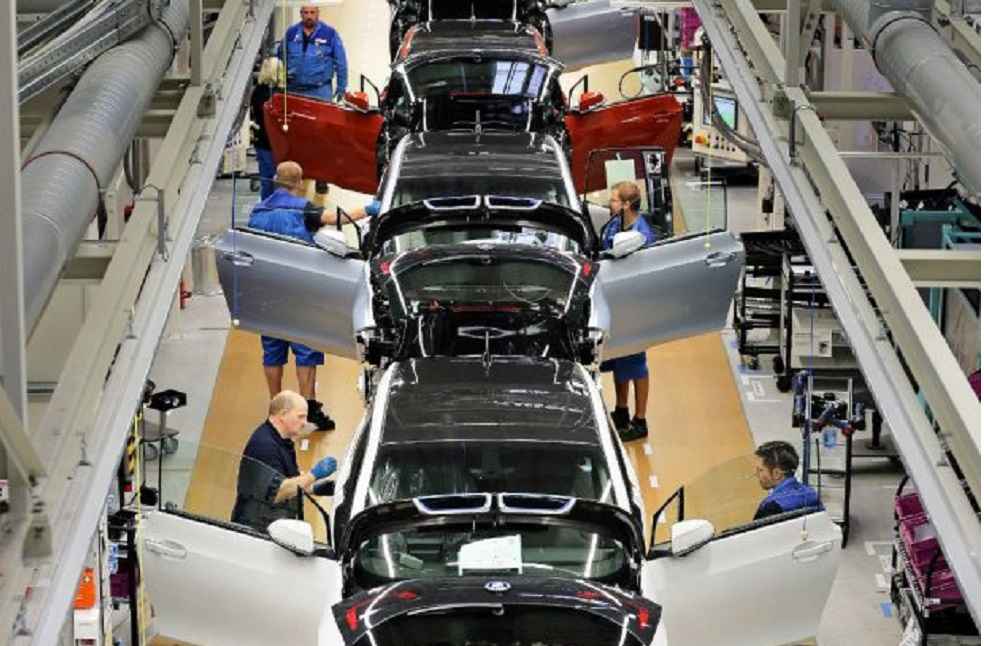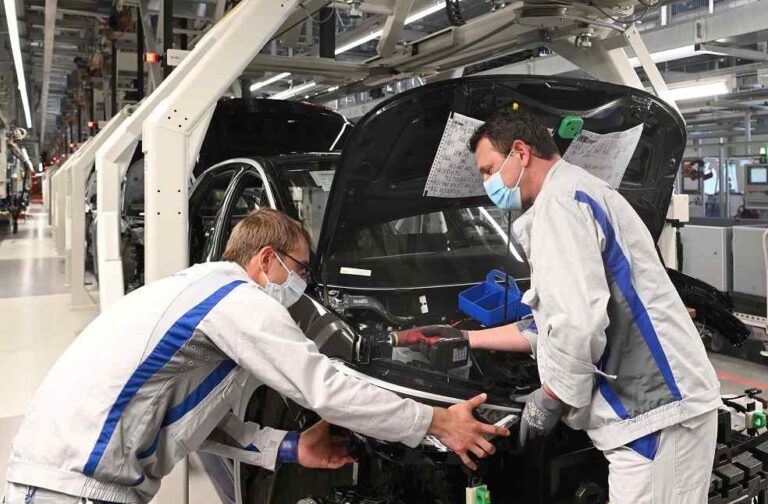The German auto sector faces deepening challenges, as evidenced by a recent survey conducted by the Institute for Economic Research (Ifo), showing worsening sentiment across the industry. The October survey highlights that 44.3% of German automotive companies report a shortage of orders, the highest level of order insufficiency since July 2020.
The seasonally adjusted business climate index for the industry saw a decline, falling to -27.7 points in October from -23.4 points in September. Export expectations, a critical factor for Germany’s export-driven economy, also hit a low, dropping to -32.8 points, the lowest since the spring of 2020. Despite this, there was a modest rise in business expectations for the coming months, with the indicator improving from -31.8 points in September to -27.9 points in October.
Anita Wölffl, an industry expert at Ifo, commented on the situation, noting that rising competition, particularly from non-European manufacturers, is intensifying pressure on the sector. She indicated that the German auto industry is struggling to adapt to these heightened competitive dynamics.

Across Europe, car manufacturers face high production costs, intense market competition, and sluggish demand for electric vehicles in major markets, according to Kallanish. This challenging climate has led German automaker Volkswagen to lower its outlook for 2024, citing a difficult market environment and unmet expectations. Volkswagen now forecasts delivering around 9 million vehicles by year-end, a slight decrease from 9.24 million in 2023, with expected sales revenue reaching approximately €320 billion, down from €322.3 billion in 2023.
However, Volkswagen’s Chief Financial Officer, Arnaud Antlitz, pointed to a significant uptick in Western European orders in the third quarter compared to the same period last year. He suggested this increase showcases a stronger product lineup and provides some momentum for the fourth quarter.
Meanwhile, Audi, a Volkswagen subsidiary, emphasizes that its production remains adaptable to market demand. The company reports a longstanding collaboration with its steel suppliers, with secure, long-term contracts ensuring steady direct and indirect steel supplies from mills.

Mercedes-Benz managed to sustain stable sales in the third quarter despite launching new products and facing heightened competition, particularly in China. However, the company warned that assumptions about the broader economic climate and automotive market trends remain uncertain.
Renault Group reported a slight revenue increase of 0.8% in the first nine months of this year, amounting to €37.7 billion. The company maintains a solid European order book, covering roughly two months of forward sales, which could bode well for a strong fourth quarter.
Defying broader industry trends, Skoda Auto reported a 4.5% year-on-year increase in deliveries during the first nine months of the year, reaching 671,300 units. The company’s third-quarter performance, marked by a 6% rise in deliveries year-on-year, significantly contributed to this growth.
GENERAL | Covestro, Ausell Drive Automotive Recycling with New Circularity Pact





